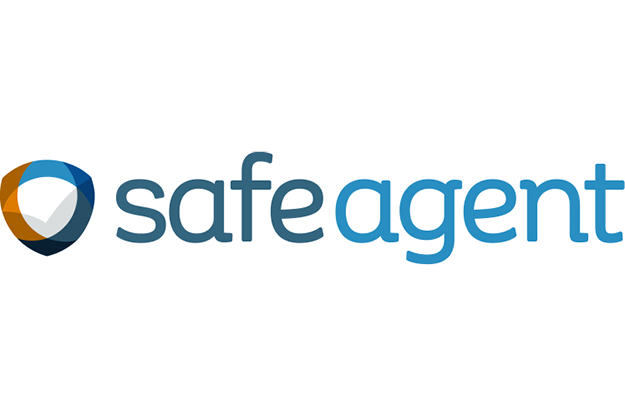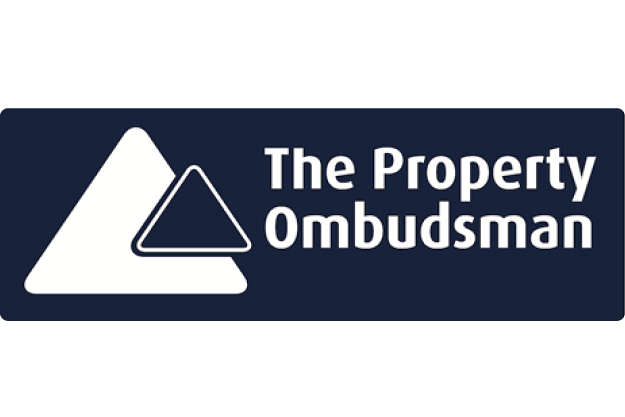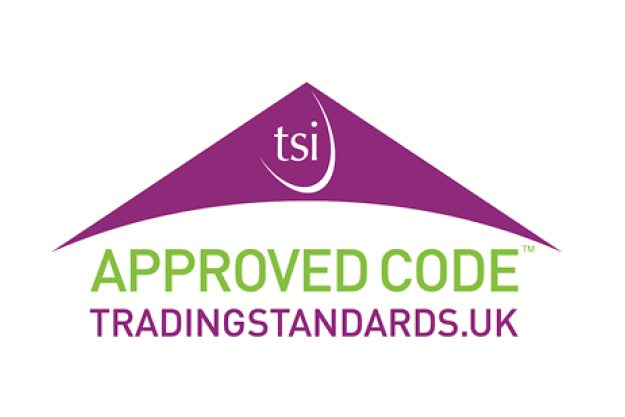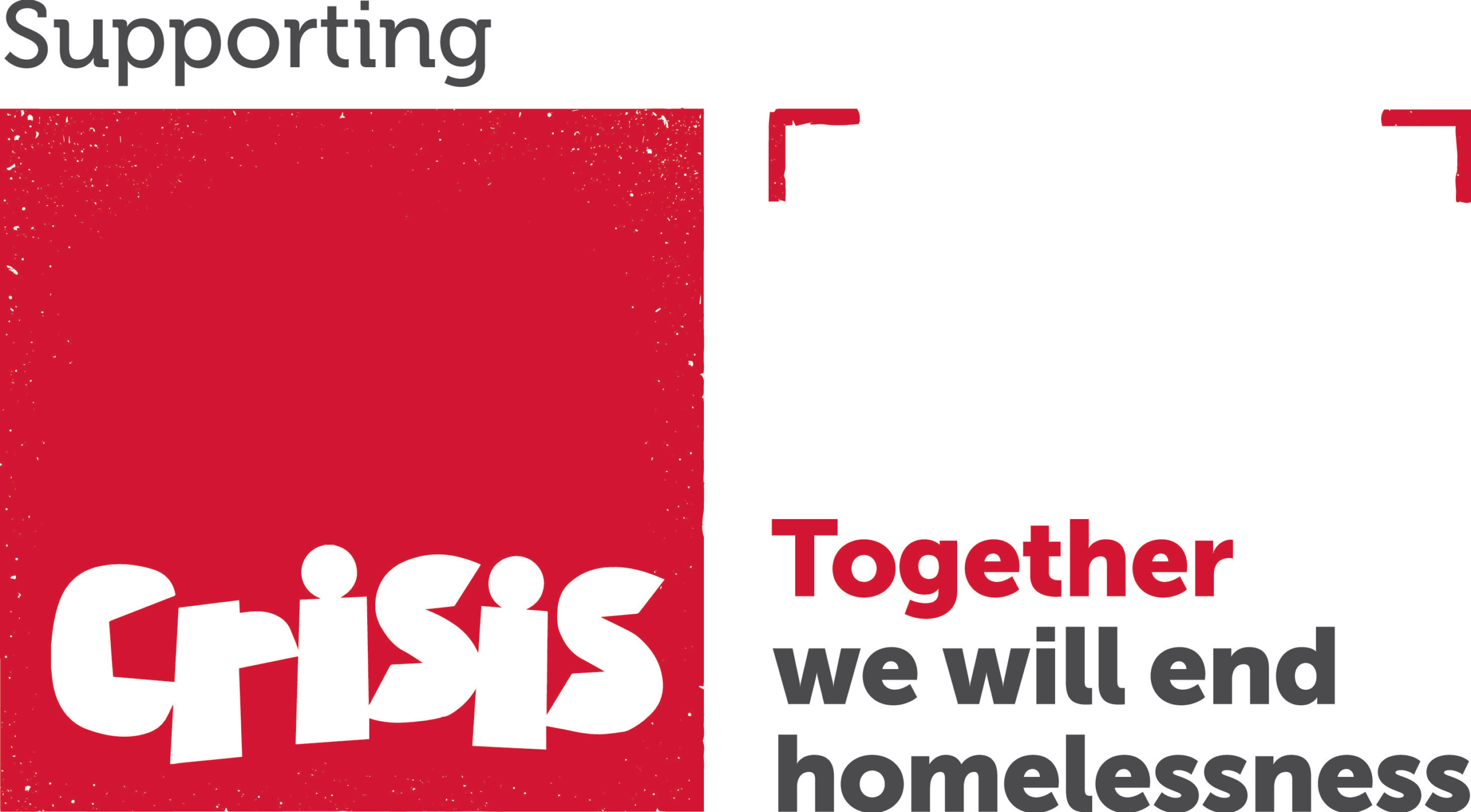State and local agencies are pushing for the development of supportive housing through their low-income housing tax credit (LIHTC) programs. Nearly all LIHTC agencies, 50 out of 54, provide potential scoring advantages for supportive housing, according to the Corporation for Supportive Housing (CSH), which examined each jurisdiction’s 2011 qualified allocation plan (QAP). Eighteen jurisdictions (Alaska, Arizona, California, Connecticut, Florida, Georgia, Illinois, Indiana, Kentucky, Maryland, Michigan, Mississippi, Missouri, Ohio, Puerto Rico, Tennessee, Vermont, and Washington) implemented notable new or revised policies encouraging the development of supportive housing since the last analysis two years ago, reported CSH. In one example, Arizona included a set-aside for one permanent supportive-housing project for chronically homeless households, and that development must give preference on 20 percent of the units to veterans. In another example, Tennessee doubled its special-needs set-aside to 10 percent, about $1 million, of its total credit authority. The study also found: 38 agencies provide general scoring incentives encouraging permanent supportive housing, special-needs housing, and housing for people with disabilities. The number is slightly reduced from 2009 because three agencies (Arizona, Kentucky, and Ohio) have replaced their scoring incentives with set-asides for development of permanent supportive housing. 18 housing credit agencies promote supportive housing with set-asides of credit authority; many of these set-asides have been created or increased in recent years. Three housing credit agencies now have a threshold requirement of dedicating 5 percent to 10 percent of units for permanent supportive housing. Six additional housing credit agencies have more general threshold requirements that promote permanent supportive housing. Since the Housing and Economic Recovery Act of 2008 gave agencies new flexibility in awarding a 130 percent basis boost, six states have adopted policies to use the boost to assist permanent supportive-housing projects or projects dedicating units to very low-income residents.
Find your new home
Our News
QAPs Continue to Encourage Supportive Housing
February 9, 2012
Working towards better
A clear vision for the future and uncompromising standards.



Browser Update Required
This website does not support your current version of Internet Explorer, Please download the recent version from one of the links provided.
Update to Google Chrome Update to Internet Edge